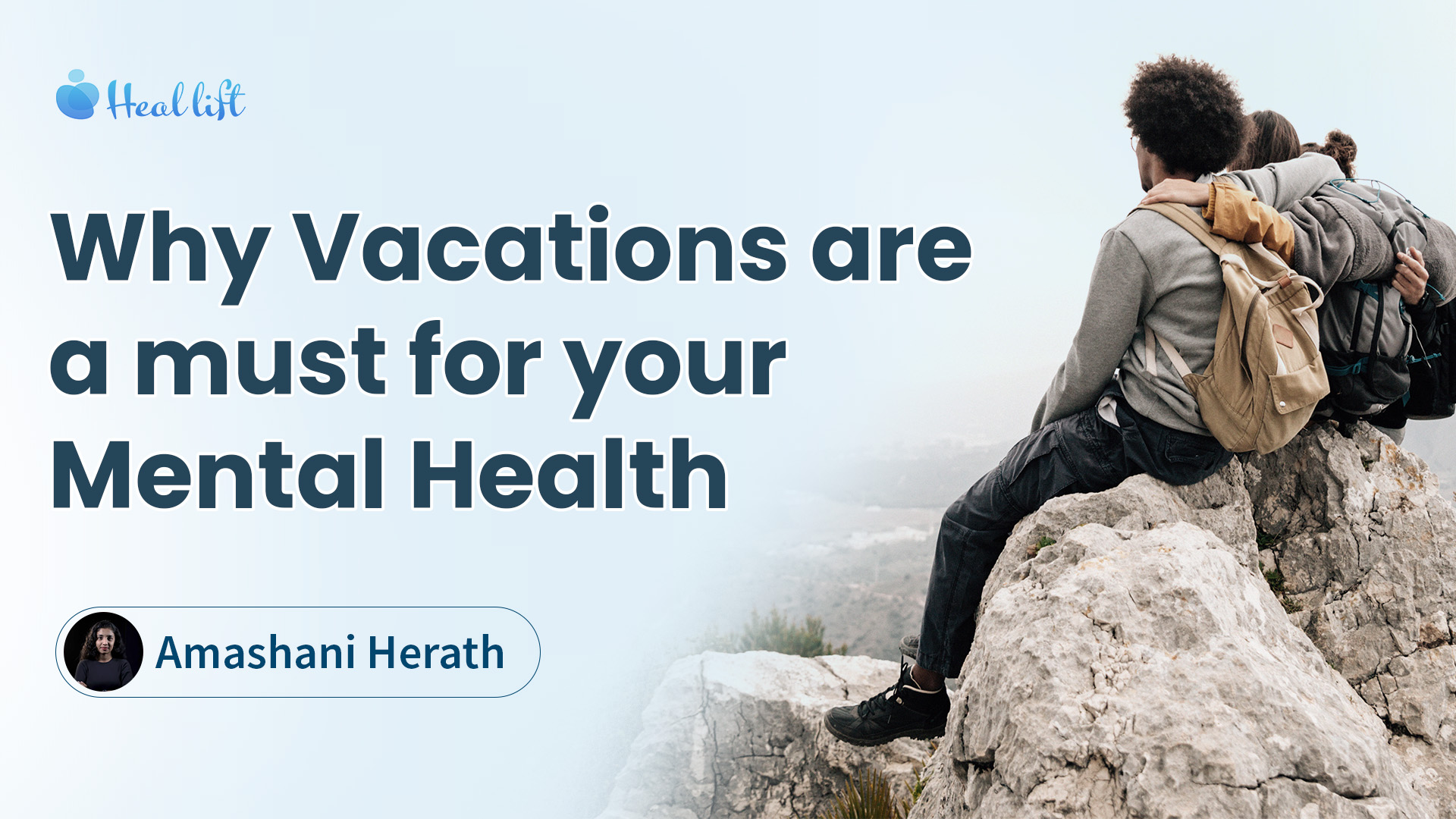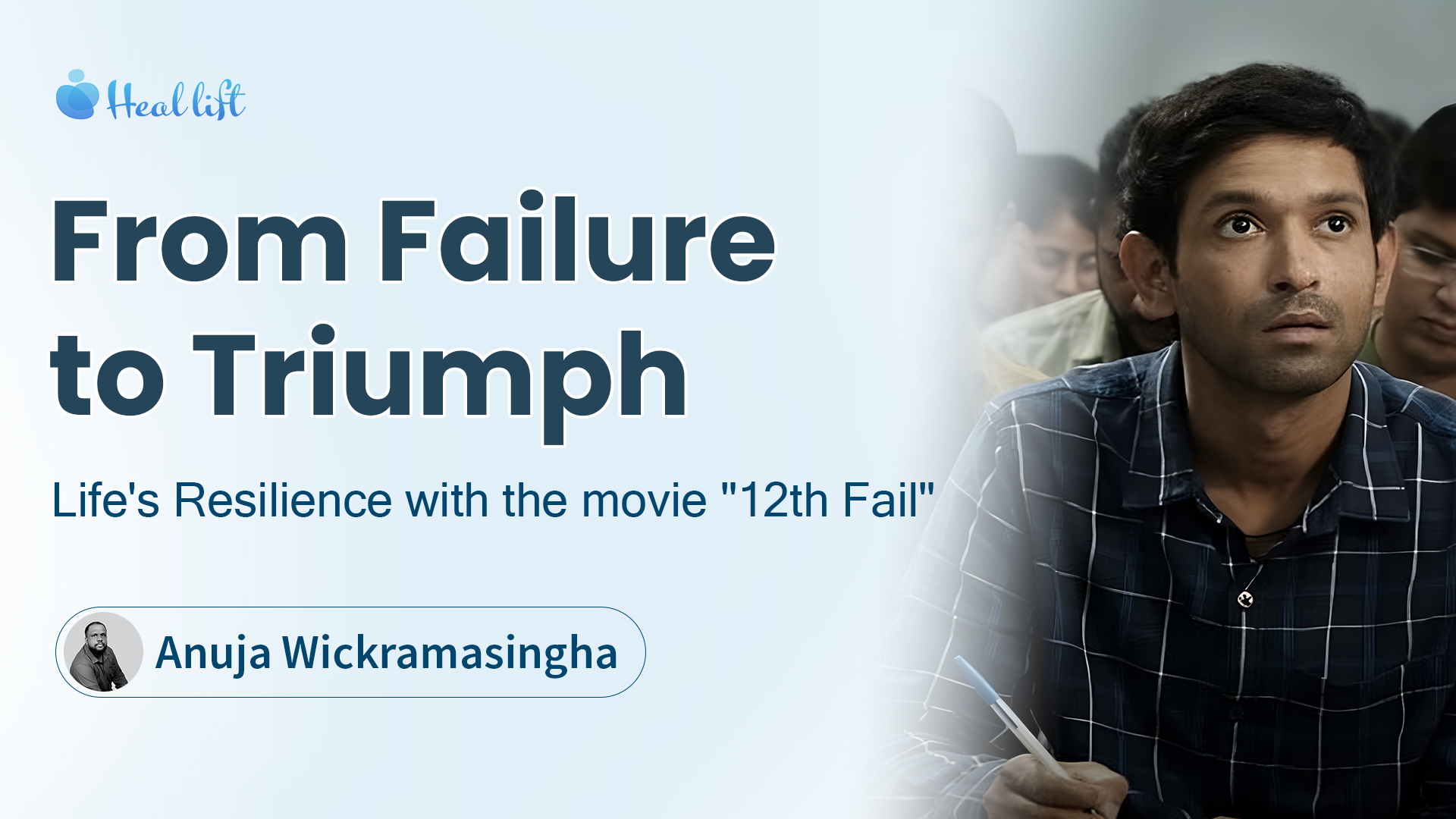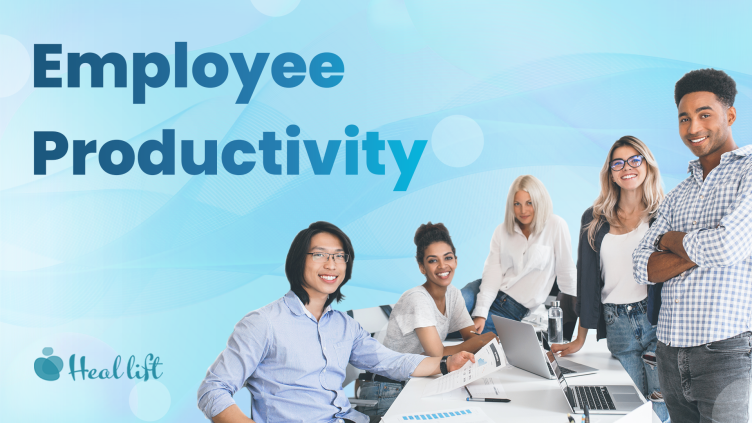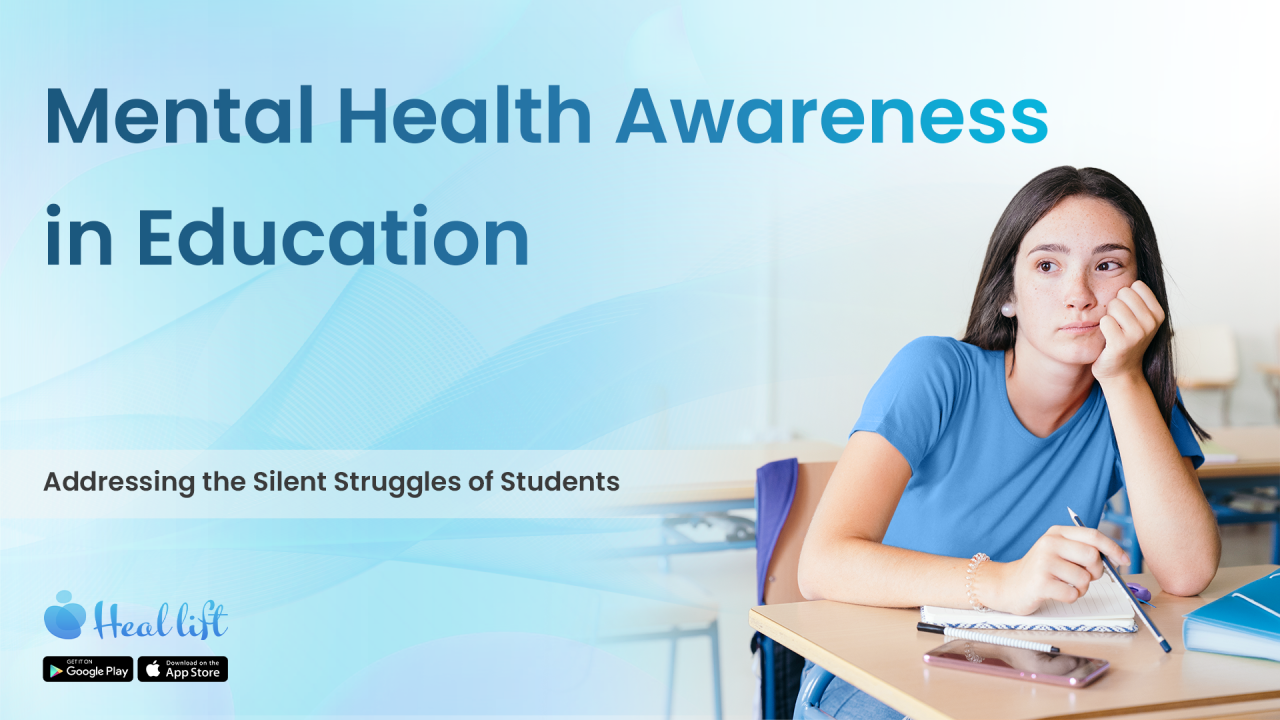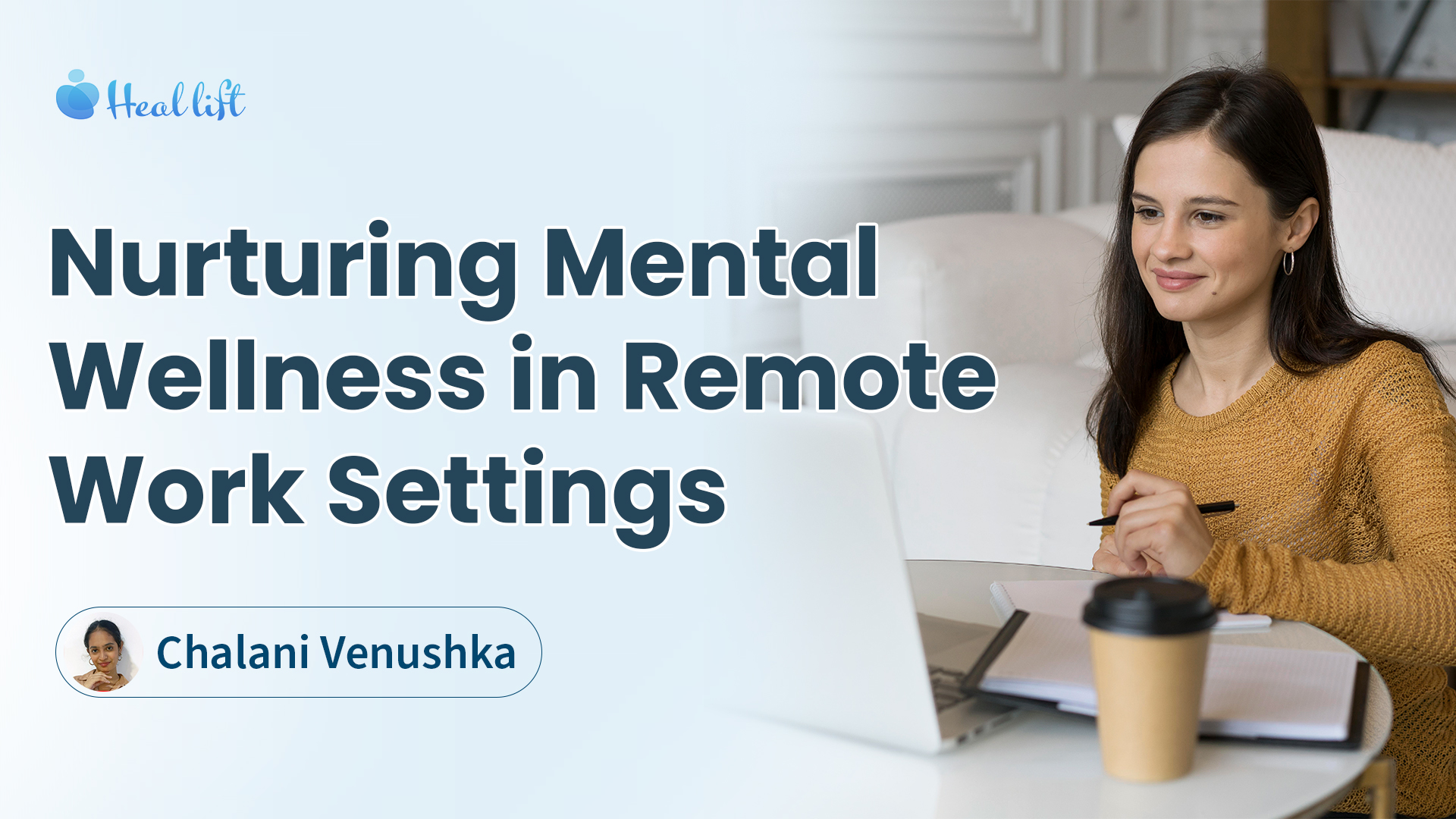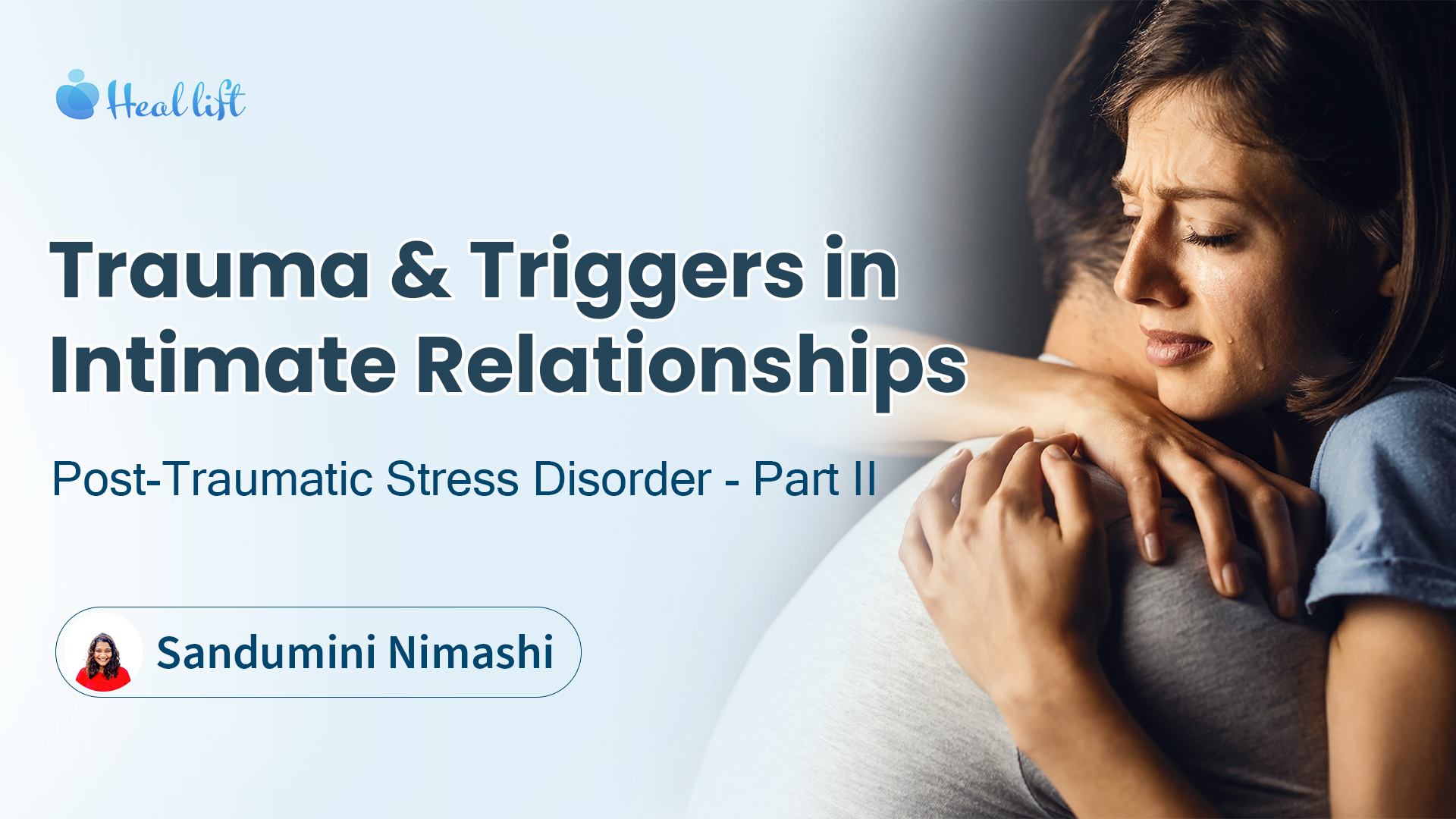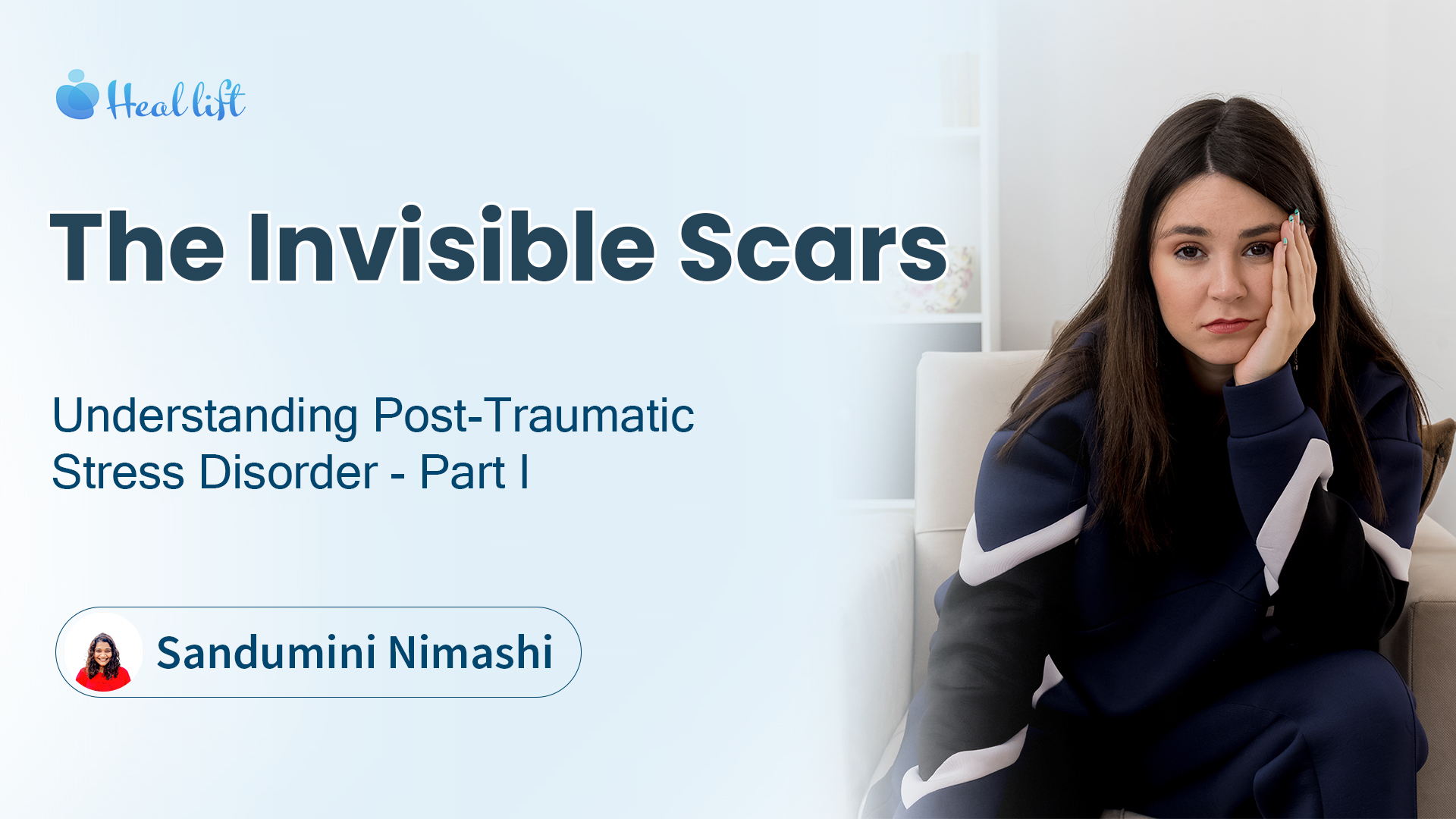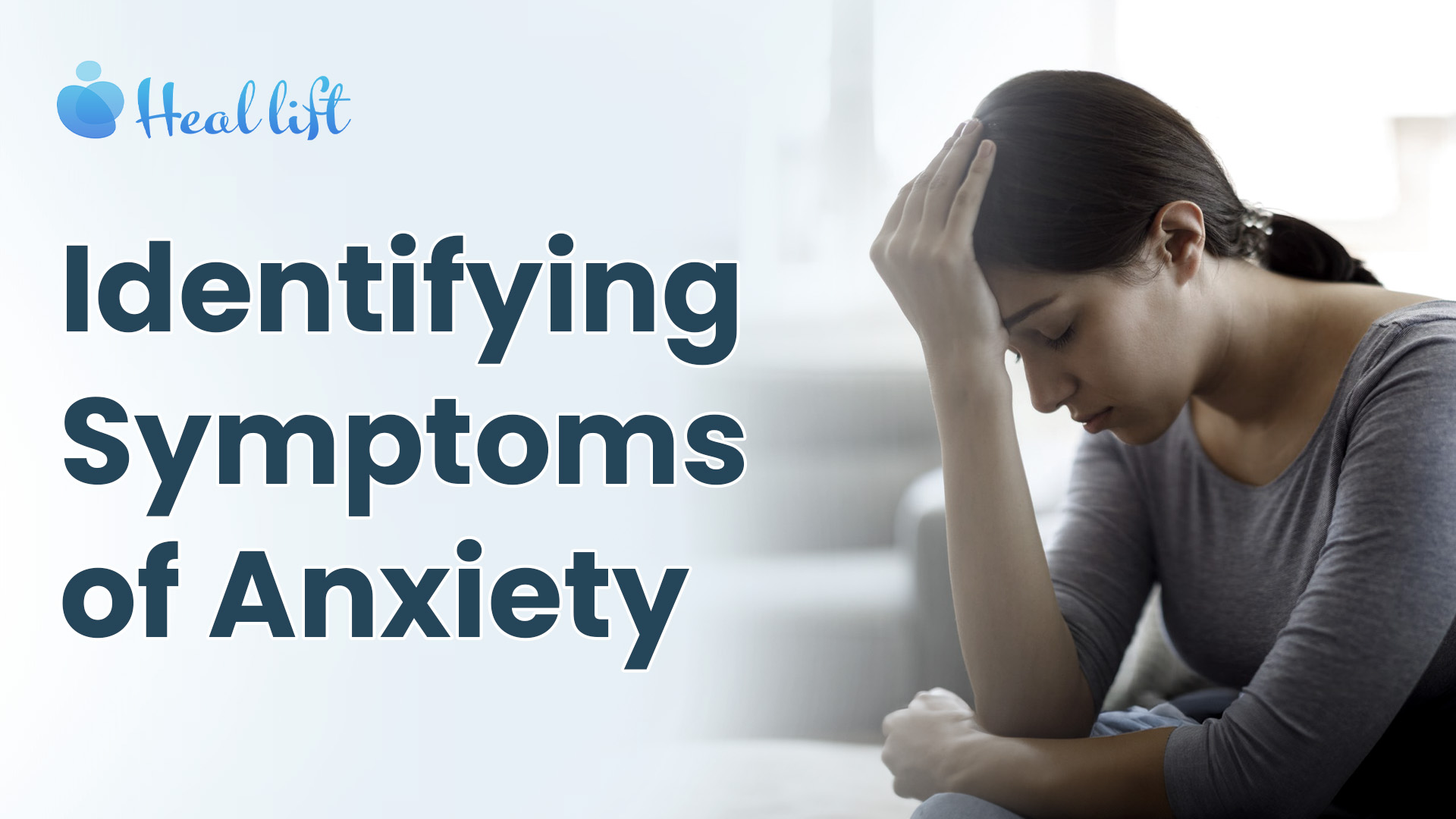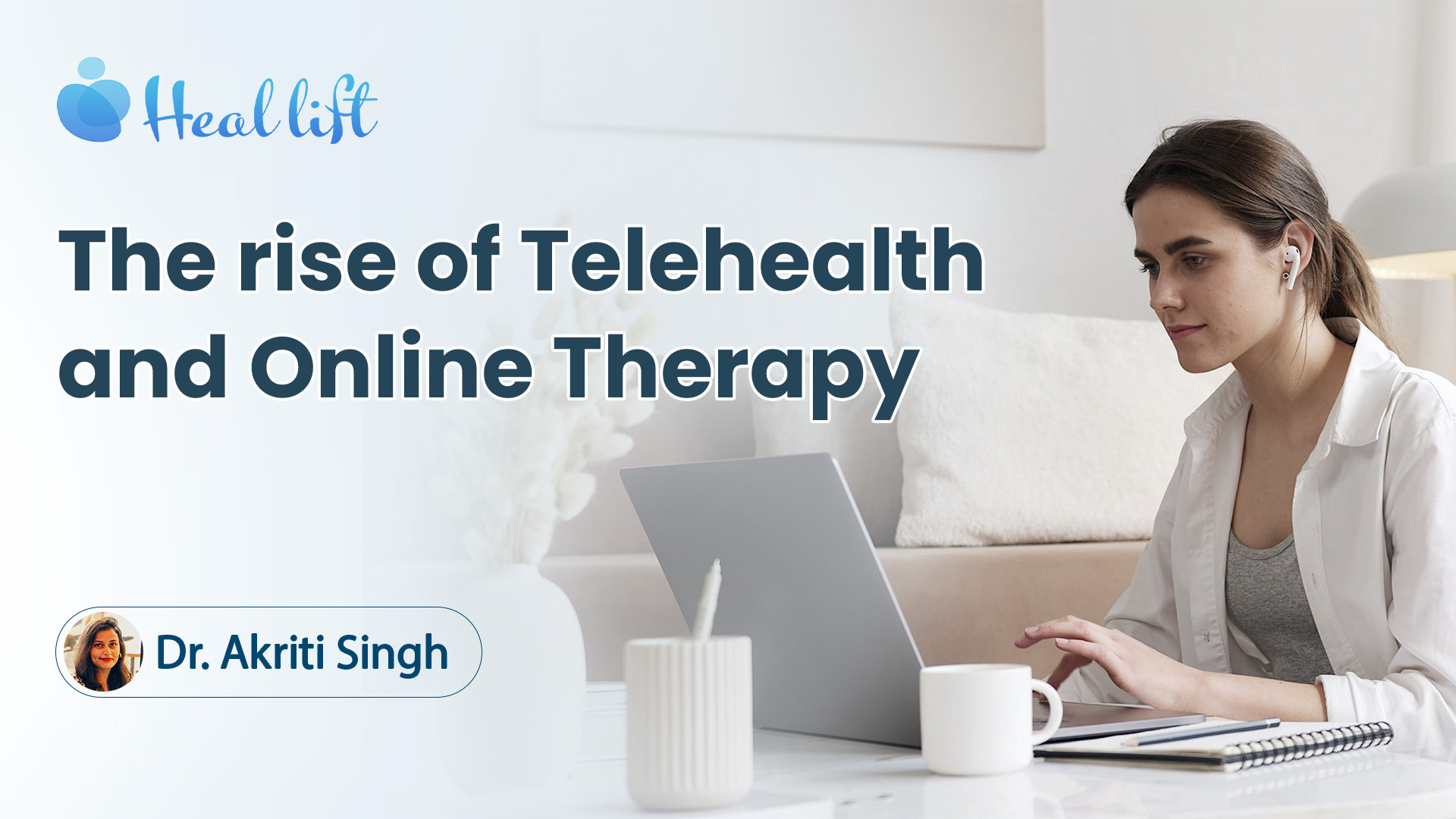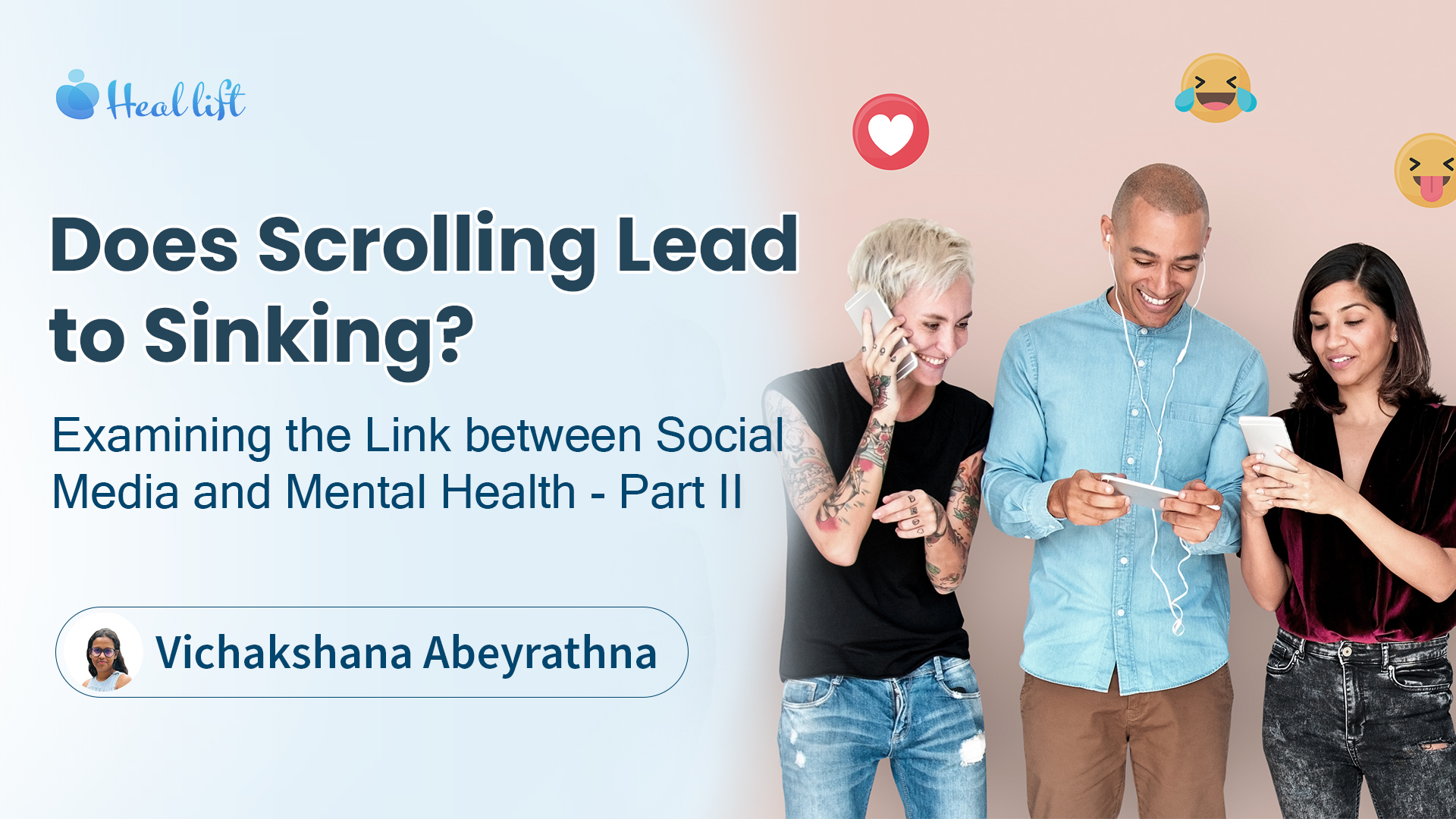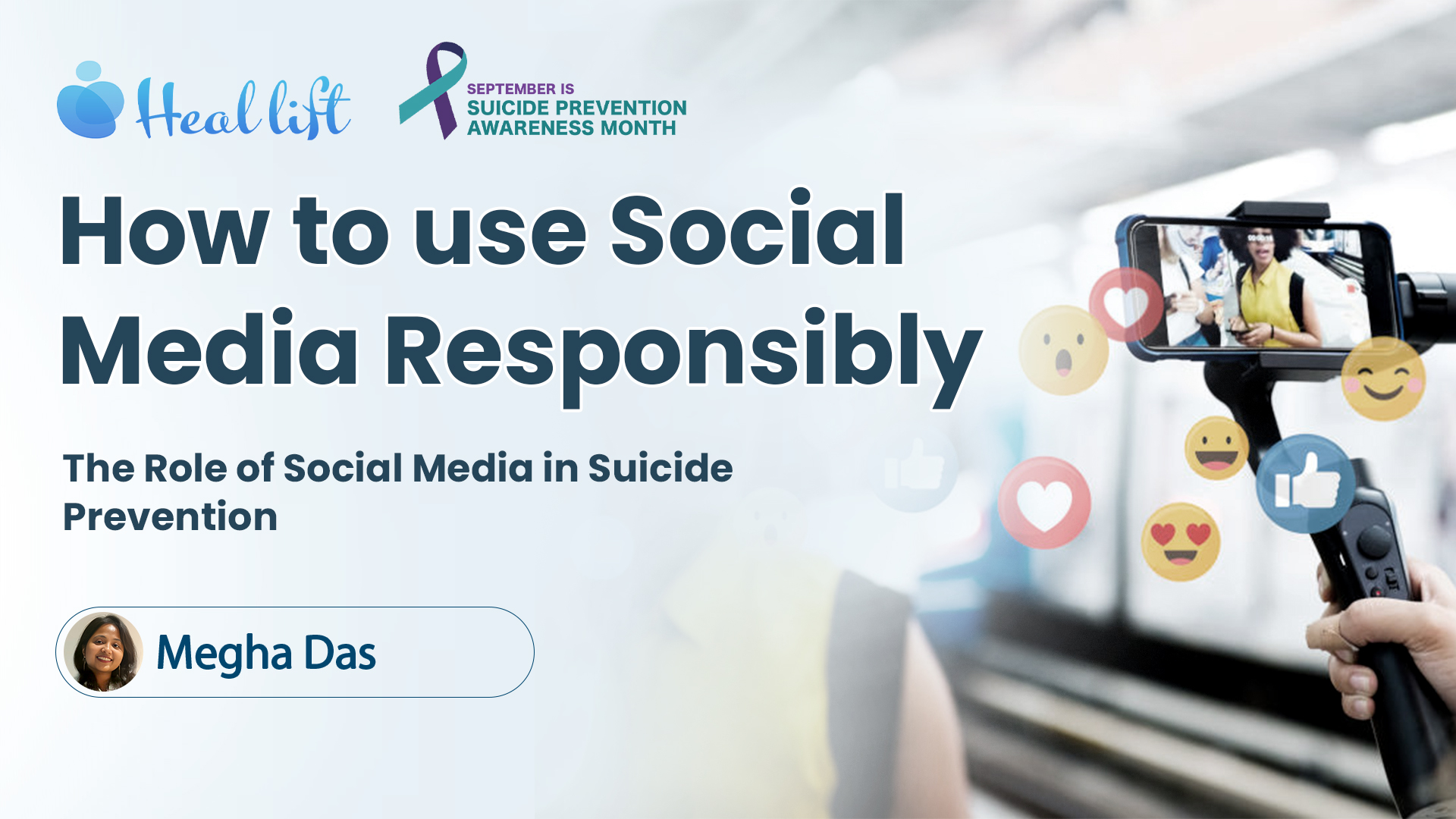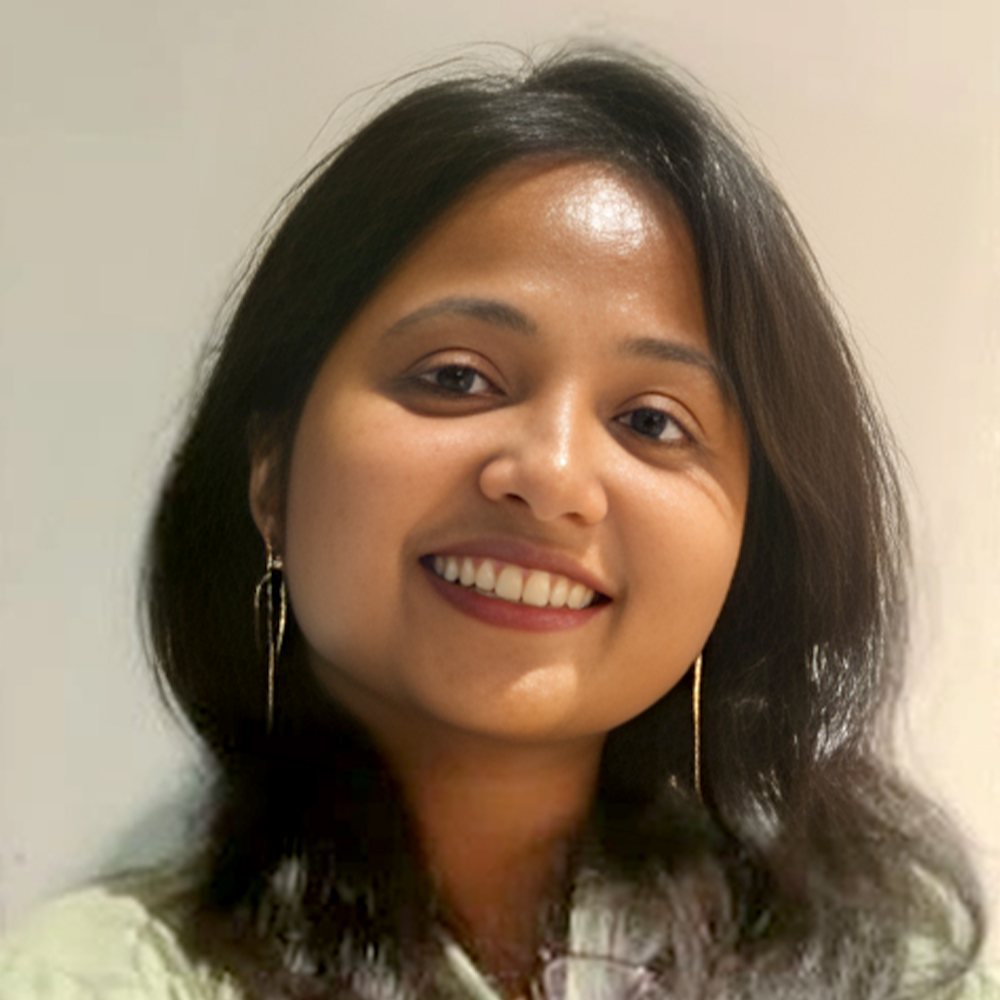Megha Das
-
11 Sep 2024
Role of Social Media in Suicide Prevention : How to Use it Responsibly?
Linkin Park has always been known to take the world by storm with their music. 2017 was different. This time, it was lead singer Chester Bennigton's death. By Suicide. Fans all over the world were immersed in deep seated grief. The shared curiosity among fans across all nationalities to learn more about the How-s? What-s? and What If-s? of Bennigton's suicidal death naturally sparked conversations on mental health. While most fans mourned the celebrity death, a handful of heartbroken fans succumbed to death in a fashion similar to Bennigton's.
We are 7 years ahead of 2017. If you ask me what has changed since the singer's death, I'd have to (un)fortunately say, it's the numbers. According to WHO, for every 40 seconds, we are losing one person in the world to suicide. On the other hand, there has been a substantial rise in people talking about suicide, and mental health. So, does talking solve it? Definitely not. But, it is the first step to combat the biggest crisis of our times: the mental health crisis.
Essentially built with the purpose to foster connectivity, Social Media has become an inseparable part of our daily lives today. The instant dopamine effect from scrolling reels, swiping right, streaming live has made us all dopamine junkies. The question, however, remains. If Social media happens to be an integral existential entity for us, shouldn't it also cater to the worldwide crisis around mental health? It sure does. But, it starts with us.
Suicide: ending one's life voluntarily, isn't as easy as it sounds. While a lot of people still believe suicide as a coward act arising out of selfishness; an average estimate of twenty attempts are made before that one suicidal success, as claimed my WHO.
What stems suicide?
Uncountable factors but the crux of all or any of these factors spiral down to a severe mental health crisis. A quick Google search on suicide will instantly assure you Help is available followed by region/ language based helpline numbers that you can reach out to.

The assurance might seem trivial but to anyone who's on the verge of a suicidal attempt, the assurance of "HELP" is of paramount significance. One of the biggest boons of social media is the safe space that it has been able to offer its users who are struggling with their mental health.
Social Media is largely shaped by the celebrity game. Cricketers, Movie stars, Talk show hosts, Influencers impact our perspective on things starting from a beauty product to a political affair. When these people talk about their challenges with their mental health, our crises feel mirrored. To be able to find relatability in fighting inner demons in people we look up to helps us believe that we are not alone.
Brands and campaigns. Social media has a campaign every other day for some kind of celebration. But when mainstream popular brands come up with campaigns to mold the society into a healthier one, beautiful changes happen. And, it does not have to be necessarily happening on World Suicide Prevention Day. If I were to think of one, it has to be Dove's self-esteem project. If you are one among the ones confused as in how self-esteem is related to suicide, consider yourself lucky. Thousands and thousands of people are battling self-esteem issues making them highly vulnerable to attempting suicide for not feeling "good enough" for a person, a job, a promotion, a marriage, or other fixed societal standards.
There exists a lot more social media communities today that work for cause-specific mental health crises. Joining and sharing experiences, learning from others with similar experiences, or just the feeling of a communal strength in fighting the evil that isn't always physically visible is key to feeling "seen and validated". Not only that, mental health professionals are also on the Internet. So many of them are highly active on Social Media de-stigmatizing taboos and breaking myths around mental health.
A multitude of resources from hotlines; national lifelines; educational websites breaking down causes, symptoms, and support for mental health crises are available in one click only because Social Media exists. The convenience of accessing resources/ help from the comfort of a safe space (home or otherwise) is nothing short of a blessing.
Social Media, undoubtedly has a key role to play in preventing suicides, or for a matter of fact, in combatting mental health crises. Interestingly, the factors that help in suicide prevention can equally trigger the same. And, very much so.
With hashtags and algorithms doing the talk, the negatives can get amplified easily. A lot celebrity suicides are followed by fan suicides. (The Werther Effect). Just like resources for help are available at one go, so are triggering graphic images/ videos of self-harm. Accessibility does not make a difference between the right and wrong. While licensed therapists are active on social media, so are self-proclaimed Gurus, Instagram therapists, aura healers, the list goes on. Mis-information in the digital age is at an arm's length. One can easily fall prey to fraudsters promising fake solutions for an issue that requires clinical supervision. Crystals heal too but remember, they aren't the substitute for therapy.
Cyberbullying continues to be another strong threat in triggering suicidal attempts. Public shaming or harassing a person when they are sharing or seeking help can directly deteriorate their mental health, making them vulnerable to suicides. A lot of Keyboard warriors find it very cool to leave nasty opinions in the comments section of a public profile of anyone, let alone a celebrity. Repetitive patterns of these instances affect mental health to a great extent.
Have you read about the Brazilian model who thought plastic surgery could change her into Kim Kardashian? Uploading a selfie might take 3 seconds but deciding on which filter to use will easily occupy 30. If you are not having a "happening Friday night", and stumble upon a friend's Instagram story where they seem to be having the best Friday, it will immediately take you on a "What am I even doing with my life?" loop. Truth be told, social media is having us live a life of constant comparison and the need to achieve perfection inspired from the "other". This other could be a friend, an influencer or just your neighborhood dog who has 2 million followers on his Instagram account thereby fetching his master a lifestyle you can barely dare to dream. But at the end of the day, do you really need that? Or let's say, even if you achieved that, would it make you less vulnerable to a mental health scare?
What do we do after all?
We create boundaries. This could be in terms of limiting screen time, or setting app restricted usage times on your phones. What you do, the algorithm amplifies. Right? So, the onus of curating a healthier feed on all our Socials is on us. Cut back on the accounts that's triggering your mental health, unfriend people whose opinion on your life seems to be their only priority. (Bye Bye Toxic Aunties on Facebook!). You don't need to have 1000 followers to feel validated. Quality over Quantity, any day!
It is equally important that we do not trigger someone else's mental health by a comment that might seem funny but is done with the intent of mockery or demeaning. And even if such things occur in "zest", accountability goes a long way.
While we do not compromise on our effort in responsibly using social media for our mental well being, it is imperative we demand from our governments, from the tech giants, from people in power to build robust systems that keep social media platforms in check.
And if and when the social media chaos gets too overwhelming, a day/ a week/ a month/ a year of digital detox never hurt anyone. Remember, a world exists beyond digital screens, and that my friends, is the actual one.
